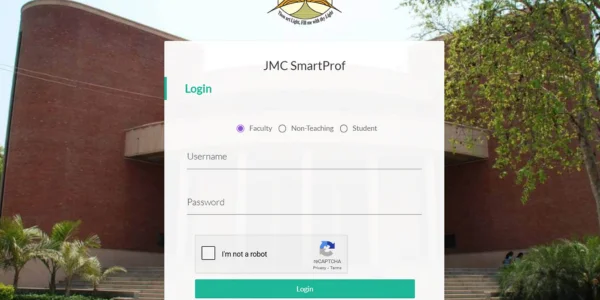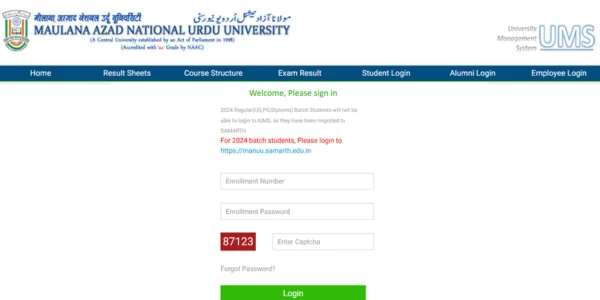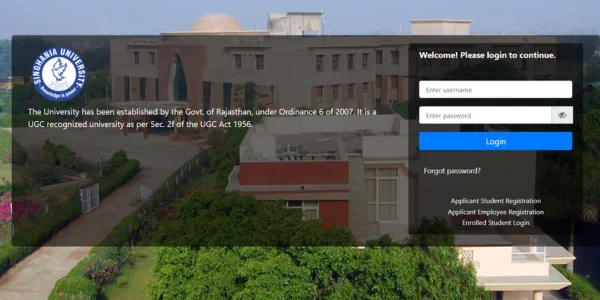CPM course full form is “Certificate in Project Management.” This program is designed to equip individuals with the essential skills and knowledge required to effectively plan, execute, and oversee projects across various industries.
Course Structure and Duration
The Certificate in Project Management is typically a short-term program, with durations ranging from a few weeks to several months, depending on the institution and course intensity. The curriculum often includes both theoretical and practical components, covering key aspects of project management.
Eligibility Criteria
Eligibility requirements for the CPM program can vary, but generally include:
- Educational Background: A high school diploma or equivalent is commonly required. Some programs may prefer or require a bachelor’s degree, especially for advanced certificates.
- Professional Experience: While many programs are open to individuals without prior project management experience, some may prefer candidates with work experience in relevant fields.
It’s advisable to check specific admission criteria of the institution offering the program.
Subjects and Curriculum
The curriculum of a CPM program typically covers:
- Project Planning and Scheduling: Techniques for defining project scope, setting objectives, and developing timelines.
- Risk Management: Identifying potential risks and developing mitigation strategies.
- Budgeting and Cost Control: Managing project finances to ensure cost-effectiveness.
- Quality Management: Ensuring project deliverables meet the required standards.
- Team Leadership and Communication: Developing skills to lead project teams and communicate effectively with stakeholders.
- Project Evaluation and Closure: Assessing project performance and implementing closure procedures.
These subjects aim to provide a comprehensive understanding of the project management lifecycle.
Career Opportunities
Upon completing a Certificate in Project Management, individuals can pursue roles such as:
- Project Coordinator: Assisting in the management and coordination of projects.
- Project Manager: Leading projects from initiation to completion across various industries.
- Program Manager: Overseeing multiple related projects to achieve strategic objectives.
- Project Analyst: Evaluating project performance and providing insights for improvement.
These roles are applicable in sectors like construction, information technology, healthcare, finance, and more.
Conclusion
The Certificate in Project Management (CPM) provides foundational skills essential for effective project management. It is suitable for individuals seeking to enter the field of project management or professionals aiming to formalize and enhance their project management capabilities.




